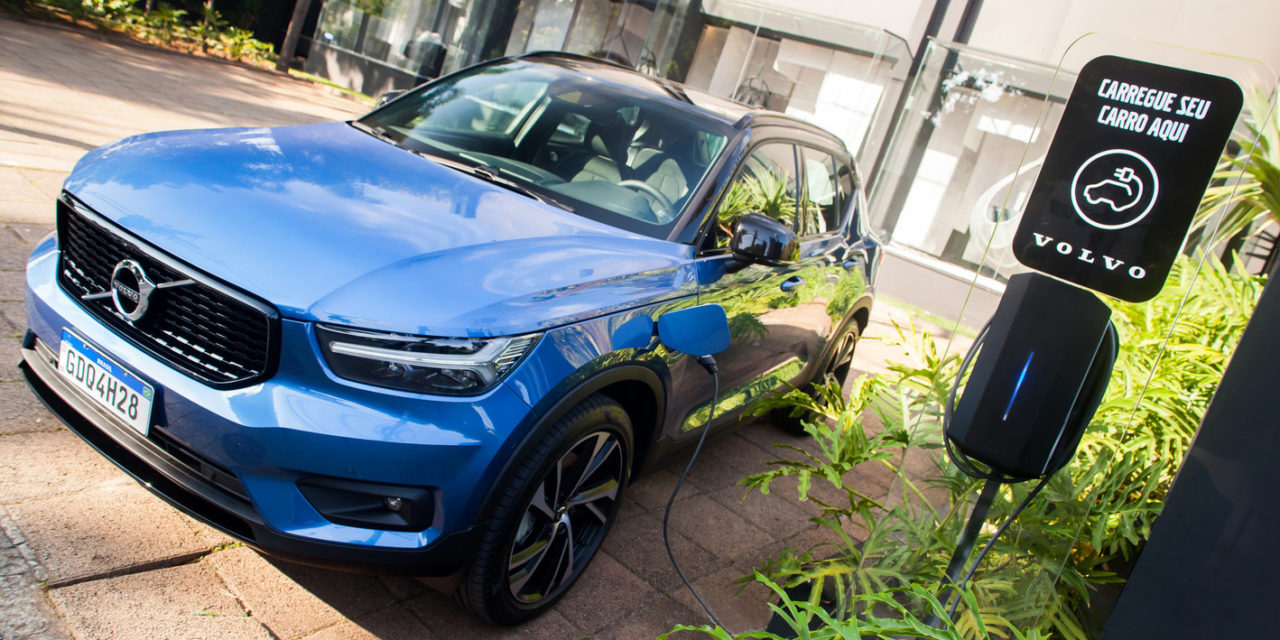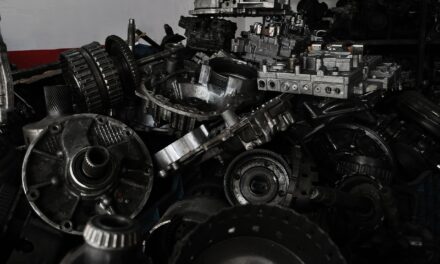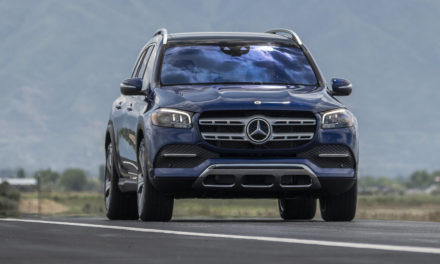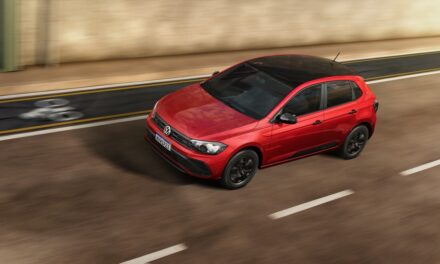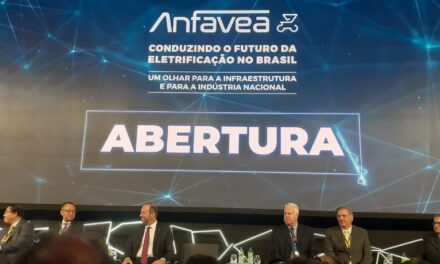By Alzira Rodrigues | 3/6/23 | Translated by Jorge Meditsch
The discussions on the future of electrification in Brazil, marked by the defense of ethanol by some of the main automotive sector organizations, shall reach the apex in less than four months. Anfavea expects in June definitions about the second phase of the program Rota 2030, which will define most of the manufacturers’ investments in the country over the next years.
The association’s president, Márcio de Lima Leite, commented on his meeting with vice-president and minister of Development, Industry, Commerce and Services, Geraldo Alckmin, which discussed Brazil’s re-industrialization and local automotive sector’s directions.
The executive talked again about the importance of ethanol for the country and said the electrification way, whether toward hybrids whether toward 100% electric vehicles, will be decided until July with the second phase of Rota 2030: “This new phase will be based on research and development and will define the ways to be taken by Brazil regarding investments in new technologies. We will also have another meeting with the Industry minister”.
Anfavea’s president left clear that the association and other sector organizations favor the ethanol hybrids, which doesn’t exclude the joint production of 100% electric models in Brazil: “We don’t want incentives for hybrids, but they are a key part of the debates about Rota 2030’s second phase. Flex technology, which completes this month 20 years of history with more than 40 million vehicles sold, is part of the studies due to its importance in the country’s reality”.
Questioned about Argentina’s decision to have 50% of its cars fully electric by 2030 and 100% up to 2035, he said that Brazil would have a different transition due to the ethanol.
Regarding tax exemption for electrics, Leite said Anfavea is not against this incentive but thinks it is important to have transition rules to ensure previsibility for the Brazilian industry and investments in local production.
“Manufacturers associated with Anfavea are responsible for 85% of the world’s vehicle production”, recalled Leite, explaining that a great part of the zero-tax imports is made by companies installed here. The sector worries that if this benefit is maintained indefinitely, the option will be exclusive to importing electrics instead of invest locally in this kind of vehicles and hybrids, which is also decisive for decarbonization.
- VW deixa de produzir o Taos na Argentina e México abastecerá o Brasil - 4 de abril de 2025
- Extreme, versão topo do T-Cross, é destaque da VW na ExpoLondrina - 4 de abril de 2025
- Vendas diretas crescem mais do que o varejo automotivo - 3 de abril de 2025

